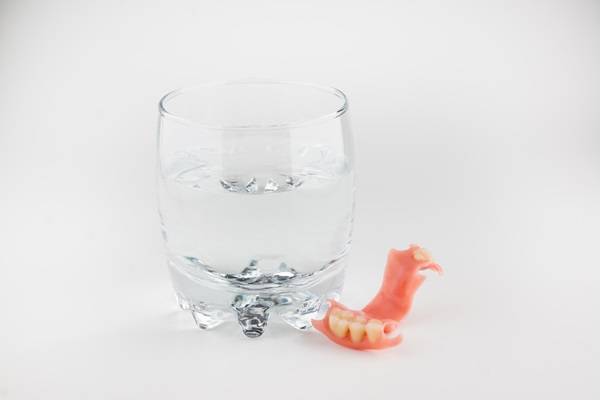Three Tips an Emergency Dentist Recommends to Remedy Toothaches

An emergency dentist can treat toothaches in a variety of ways if the pain becomes intolerable or the symptoms present a risk of worsening and causing other oral health issues if not treated promptly. However, for minor toothaches that can wait until a more convenient time to be scheduled, emergency dentists may provide useful tips for managing the toothache discomfort.
Dentist-approved tips for how to remedy toothaches
A quick Google search should reveal a range of home remedies for toothaches, some of which are safe and some of which are not so safe. Three of the dentist-approved ways to remedy a toothache that are both safe and effective include a saltwater rinse, pain relief medication (in moderation), and ice packs.
Saltwater treatment
Saltwater is a great way to keep your mouth clean and prevent a build-up of bacteria, and completely safe (just do not swallow any saltwater). To make the saltwater rinse, add a half-cup of water to a glass and a half tablespoon of salt. Rinse the saltwater around for approximately 30 seconds, especially in the area where the toothache exists. Repeat this process one or two times if the toothache remains.
Pain relief medication
Over-the-counter pain relief medication is a safe way to reduce swelling and pain associated with a toothache. However, it is important to not exceed the recommended dosage on the bottle or provided by the emergency dentist. It can take up to an hour for the pain relief to occur. If it does not occur, then do not take more pain relief medication. Instead, call the emergency dentist to find out the best course of action.
Ice packs
Ice packs can help numb the affected area where the toothache exists. This can be in the form of an actual ice pack that is full of ice or a bag of frozen vegetables. Hold the ice pack on the affected area for 15 to 30 minutes and remove for five to ten minutes. Repeat the process until the pain begins to reside. If the toothache still exists, then call the emergency dentist.
When to see an emergency dentist
The emergency dentist may recommend coming into the office if the home remedies do not improve the toothache. This could be the sign of a serious infection that requires in-office treatment. The treatment options for toothaches typically include root canal therapy, tooth extraction, and/or antibiotic treatment. Of course, the emergency dentist must determine the underlying cause of the toothache to determine the most appropriate treatment solution. The most common causes of toothaches include the exposure of a tooth root and a tooth infection.
Schedule a visit with our emergency dentist for toothache relief
If you experience severe toothache pain and would like to know if your toothache may be a dental emergency that requires prompt care, then reach out to our emergency dentist today. We are glad to answer your questions and provide emergency treatment if home remedies are not enough to manage the discomfort.
Are you considering an emergency dentist in the Davenport area? Get more information at https://www.schommerdental.com.
Check out what others are saying about our dental services on Yelp: Emergency Dentist in Davenport, IA.
Recent Posts
The severity of a cracked tooth often determines how a dentist goes about treating it. Minor cracks to a tooth only affect its outer layers, so there is rarely any pain involved. The damage is typically aesthetic, but treatment is still needed because the outer layer of a tooth being damaged leaves it more vulnerable…
According to the American Dental Association, due to the coronavirus outbreak, dentists are now advised to handle only emergency dentistry procedures and postpone elective treatments. Dental emergencies often vary in terms of severity. In some cases, certain measures can be taken to get temporary relief while waiting for a dental appointment. On the other hand,…
Teeth grinding, or bruxism, is the term for describing teeth grinding when you are not chewing. The teeth brush against each other with the forward, backward, or sideways movement of the jaw. In most cases, the person is not aware of the activity.Teeth clenching happens when a person keeps their teeth against each other with…
Looking into your Emergency Dental Care options? Dental emergencies are often scary, and all too many people visit the emergency room as they are not prepared when it comes to how to treat this type of immediate concern. However, it is often best to visit the emergency dentist for emergency dental care as they can…


